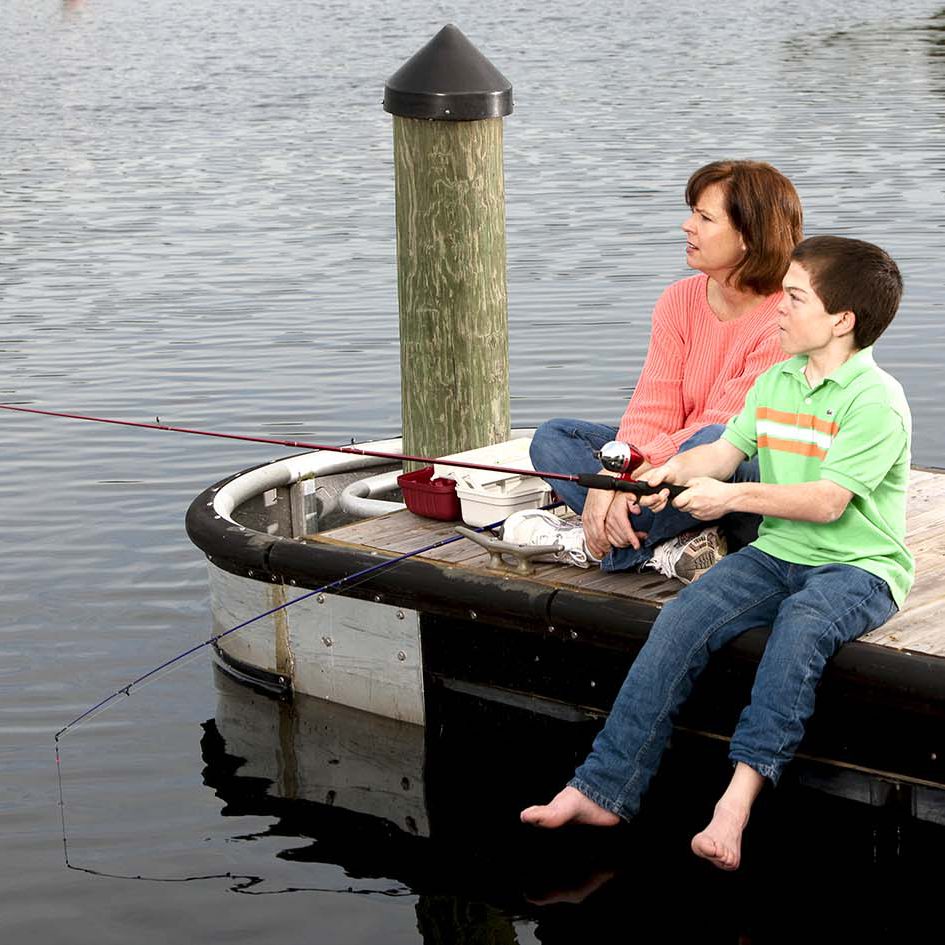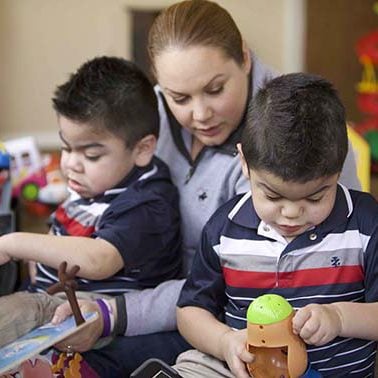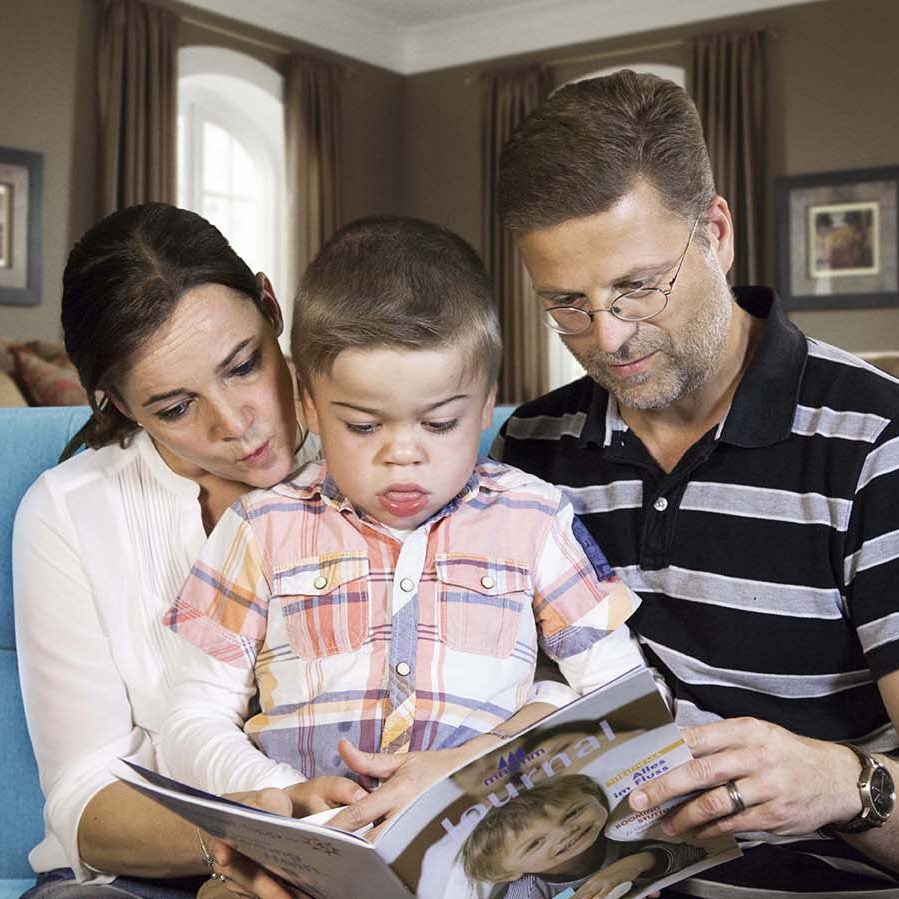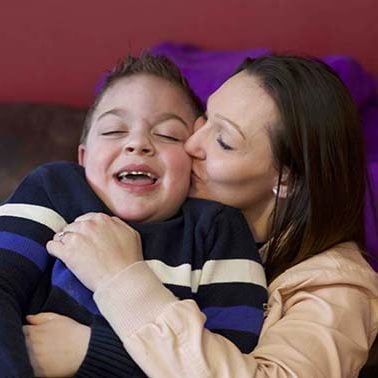Self-compassion
The next activities are based on an idea called loving-kindness. This is about taking time to think kindly towards yourself and others. It may seem a strange idea. But when you’re looking after a child with a long-term condition, you’re probably used to putting their needs first. Being kind to yourself can help you feel calmer and more peaceful. 3 And that could help you in lots of different situations.


Loving kindness It can be difficult to get used to being kind to yourself. Most of us don’t do it enough. But this simple meditation is a good way to start. It can help you get into the habit of giving yourself the support and love you’d give to a friend. Make sure you’re sitting comfortably in a quiet place where you won’t be disturbed for a few minutes. When you’re ready, you can get started.
Loving kindness to others Here, the focus is on loving-kindness towards others. Evidence shows practising this can help you feel more positive.4 It can help you feel even more love and warmth towards others, too. It’s a good activity you can practise regularly, if you find it helpful. 3 Take a moment to get comfortable, then follow the recording.


Planning to be kind Being kind to yourself is often simpler than it might sound. It’s a habit you can get into. But it may take a bit of practice at first. This next activity will help you think about some ways you can care for yourself. You choose what you’ll do, when and how – what’s important is you think about it in advance and plan it into your week. You may also want to track what you have done. You can grab a pen and note the categories down on a piece of paper or print out the activity sheet.

We would love to hear from you!
Click Here to answer a short feedback survey on the activities you have used.
References
- Harris, R. Embracing your demons: An overview of acceptance and commitment therapy. Psychotherapy in Australia. 2016;12(4),2-8.
- Coyne LW, McHugh L, Martinez ER. Acceptance and commitment therapy (ACT): advances and applications with children, adolescents, and families. Child Adolesc Psychiatr Clin N Am. 2011;20(2):379-399.
- Zeng X et al. The effect of lovingkindness meditation on positive emotions: a metaanalytic review. Frontiers in Psychology. 2015;6:1693.
- Aspy DJ, Proeve M. Mindfulness and loving kindness meditation. Effects in connectedness to humanity and the natural world. Psychological Reports. 2017;120(1):10217.
- Law, E et al. Psychological interventions for parents of children and adolescents with chronic illness. Cochrane Database Syst Rev. 2019;3(3):CD009660.
